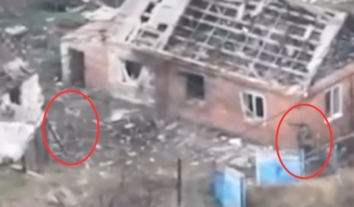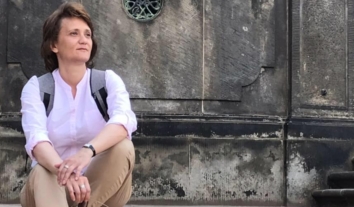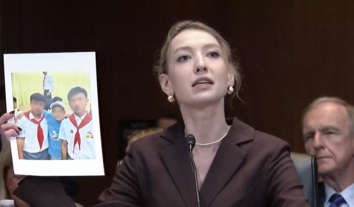Russian authorities intensify pressure on detained Crimean journalist Remzi Bekirov. Human rights defenders call for letter writing campaign
According to the grassroots initiative “Crimean Solidarity,” a political prisoner, Crimean Tatar human rights defender, and citizen journalist Remzi Bekirov face pressure in penal colony No. 33 in Abakan of the Russian Republic of Khakassia.
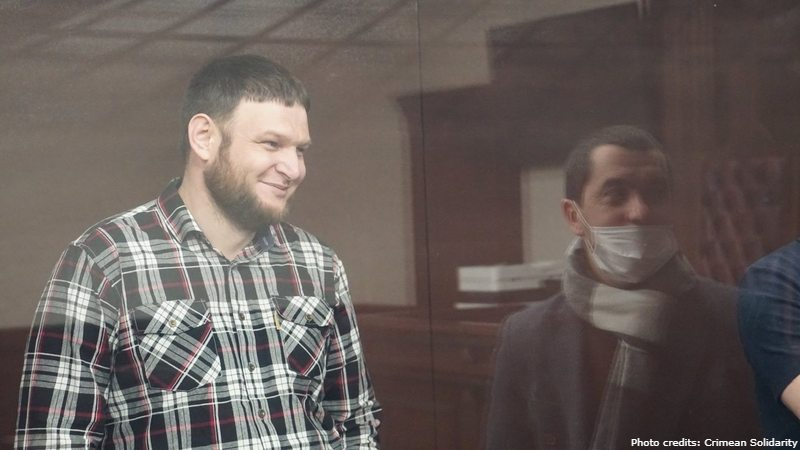 Remzi Bekirov
Remzi BekirovLawyer Emil Kurbedinov detailed the pressures on the political prisoner. He stated that Bekirov arrived at the colony in early August 2024 after a month-long transfer from prison No. 2 in Yeniseysk, Krasnoyarsk Krai. Since he arrived in Abakan, wardens have repeatedly and unjustifiably placed Bekirov in a punishment cell (SHIZO).
Additionally, officials have prohibited Bekirov from writing letters to his family or making phone calls. The last time he was permitted to contact his wife was before he arrived at the colony while in the transit point at Pre-trial Detention Center No. 1 in Abakan.
The colony holding Bekirov is located 4,500 kilometres from Crimea, which is temporarily occupied by Russia. Kurbedinov argues that this distance violates Bekirov’s right to maintain family ties, as visiting him imposes an unbearable financial and physical burden on his family.
Moreover, Khakassia’s climate differs sharply from Crimea’s. This poses a serious challenge to the health of a person who has lived all his life in a southern region, Kurbedinov noted.
Kurbedinov reported that in late February 2024, while Bekirov was in Yeniseisk prison, the Federal Penitentiary Service of Russia (FPSR) denied his request for transfer to a colony closer to home. Remzi asked to be transferred to the Rostov region. However, FPSR stated that since February 24, 2022, a “medium response level” had been introduced in the correctional facilities in that area, making the transfer impossible.
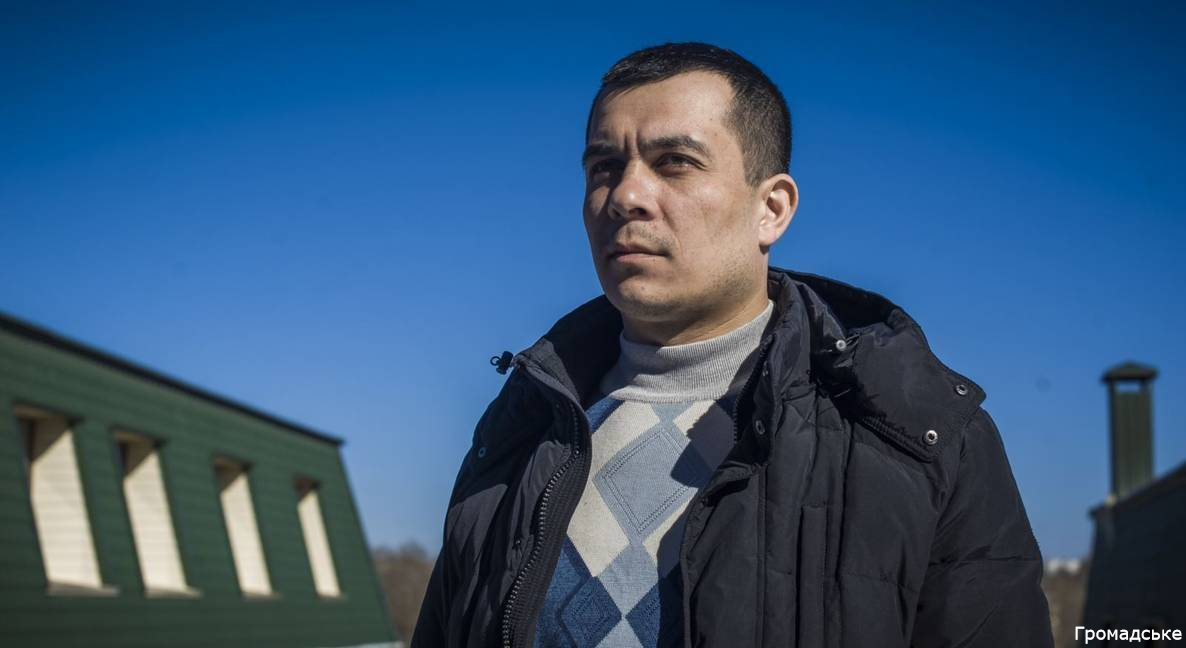 Lawyer Emil Kurbedinov
Lawyer Emil KurbedinovBekirov was also denied a transfer to the Stavropol region, with the statement that he could only appeal the place of transfer after he had been transferred to the colony.
Activists from “Crimean Solidarity” called on all concerned to send letters to the administration of correctional colony No. 33 demanding an investigation of the illegal actions towards Bekirov and ensuring his rights are respected.
Бекиров Ремзи
20.02.1985 г. р.
ИК-33, Республика Хакасия,
г. Абакан,
Молодежный квартал д.22,
655017, Россия
Remzi Bekirov is a citizen journalist, a “Crimean Solidarity” activist, and a correspondent for “Grani.ru.” He streamed live coverage of Russian occupiers’ politically motivated persecution of peninsula residents.
Moreover, Remzi is the initiator of the idea of collective assistance to the families of Crimean political prisoners.
On March 10, 2022, the Southern District Military Court in Rostov-on-Don sentenced the defendants in the FSB-fabricated second Simferopol “Case of the Crimean Muslims.” The court sentenced Crimean journalist Remzi Bekirov, human rights defender Riza Izetov, and activists Shaban Umerov, Farhоd Bazarov, and Raim Aivazov to imprisonment terms ranging from 15 to 19 years.
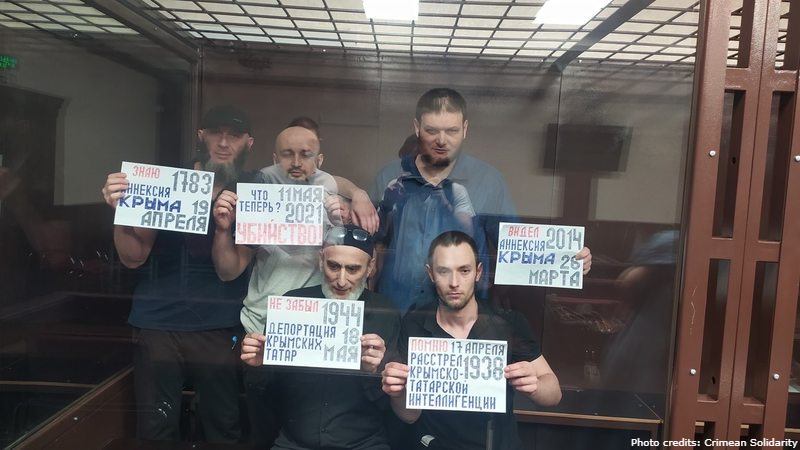 The defendants of the FSB-fabricated second Simferopol “Case of the Crimean Muslims”
The defendants of the FSB-fabricated second Simferopol “Case of the Crimean Muslims”Authorities charged Umerov, Bekirov, Izetov, and Aivazov under Part 1 of Article 205.5 of the Russian Criminal Code (“organising activities of a terrorist organisation”). They charged Bazarov under Part 2 of Article 205.5 (“participating in activities of a terrorist organisation”). All defendants also faced charges under Part 1 of Article 30 and Article 278 (“preparing for violent seizure of power”).
Also, take a look at this photo project: “I will always wait for you, my child!”
To provide background, on June 25, 2024, the European Court of Human Rights (ECHR) delivered a judgment in the interstate case Ukraine v. Russia (regarding Crimea) – the first of four interstate cases with applications against Russia in connection with its war against Ukraine. The court in Strasbourg unanimously found that Russia had massively and systematically violated human rights in temporarily occupied Crimea. This concerns 14 articles of the European Convention on Human Rights and its protocols.
The ECHR analysed a significant amount of information and evidence from many sources that the Ukrainian government provided. This evidence describes the arrests, detentions pending trial and convictions of Ukrainians by various types of “courts” created by the Russian Federation in Crimea. The evidence also included materials from the criminal cases of the respective prisoners.
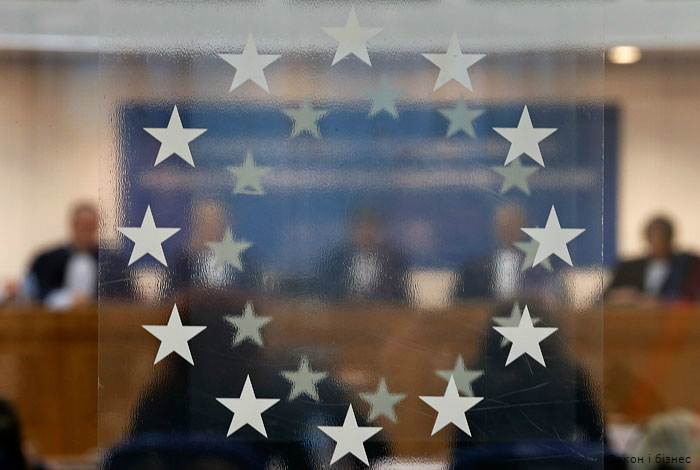
The judges noted that the application of Russian law was mandatory for all “courts” throughout Crimea, and it was applied to all court proceedings and all interested parties. This was enough for the ECHR to conclude that the “courts” in Crimea are not “established by law” within the meaning of Article 6 of the European Convention on Human Rights (Right to a Fair Trial) after the introduction of the so-called “Treaty of Accession” by Russia.
The ECHR found that the full-scale application of Russian law in Crimea is a violation of international humanitarian law and Article 7 of the European Convention on Human Rights on the impossibility of punishment without a law. After all, Russian law cannot be considered “law” for the measures taken in Crimea, within the meaning of the Convention.
Moreover, the court in Strasbourg found that there was a pattern of vindictive persecution of Crimean Tatars involving the misuse of criminal law and broadly based repression against political opponents of the Russian government’s policies. This model was devised and openly advocated by prominent figures in the Russian government.
The Russian Foreign Ministry declared that the aforementioned ECHR judgment is “of no legal force” and Russia will not comply with it.

